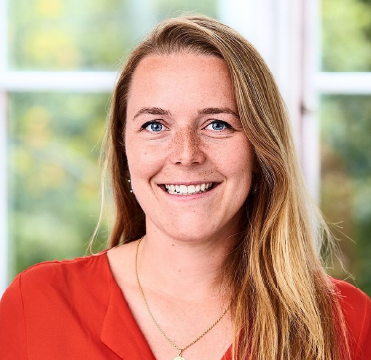For the past decade, the Circular Economy has been heralded as a solution to climate change and biodiversity loss. Governments and businesses worldwide have embraced the concept, launching hundreds of pilot projects. Yet, despite these efforts, it’s not scaling. The question is: why?
After four years at the Ellen MacArthur Foundation, working closely with businesses and policymakers on circular transitions, Gaëlle has identified five major barriers to scaling the Circular Economy. The surprising truth? Designers already have the tools, mindsets, and influence to break through these challenges and drive real change.
This session unpacks how design can unlock scale—moving beyond isolated pilots to systemic impact. You will gain a deeper understanding of climate science, circular economy principles, and the critical role design plays in accelerating adoption. More importantly, you’ll leave with a clear framework for action—practical steps you can take to help your organization transition from ambition to reality.
Reflecting key elements of the themes Steps Forward, Equipping New Craft, and Design in Democracy, this talk explores how designers can shape sustainable futures through systemic thinking and hands-on innovation.
The future isn’t just about better policies or technologies—it’s about better design. By shifting perspectives, rethinking systems, and leveraging creativity, we can move the Circular Economy from theory to transformation.
















































